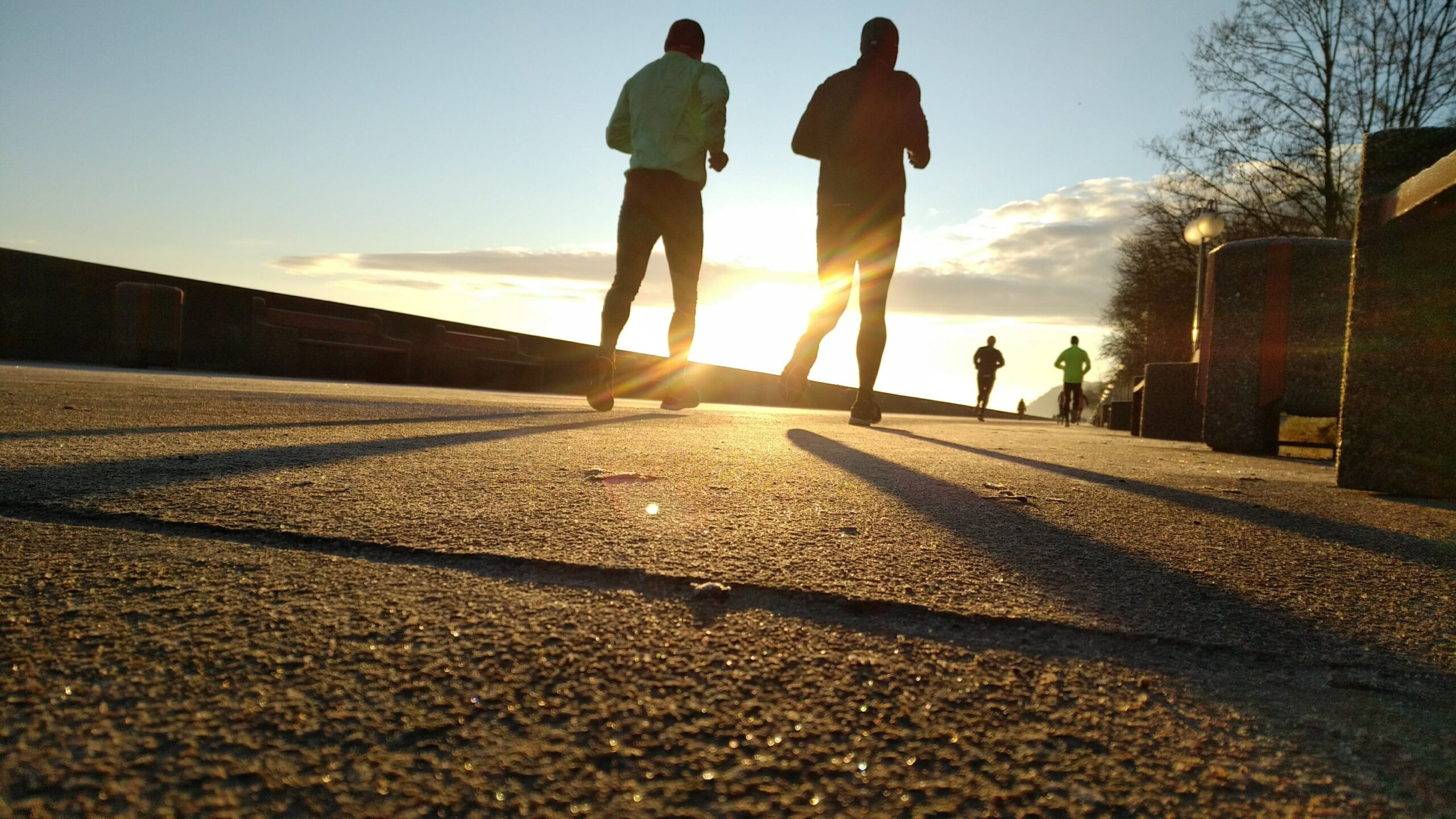Specialising in Sports Massage requires a deep understanding of both massage therapy techniques and the specific needs of athletes. Whether you’re a seasoned massage therapist looking to specialize or just starting your career, here are some techniques and considerations to help you excel in sports massage:
1. Sports Massage Education and Certification:
- Start by obtaining a formal education in massage therapy from a reputable massage school.
- Consider pursuing specialized courses in sports massage to gain expertise in this area.
- Keep your first aid certificate up to date, as this is often required when working with athletes.
2. Anatomy and Physiology:
- Develop a strong understanding of human anatomy and physiology, especially as it relates to the musculoskeletal system and sports-related injuries.
- Knowing the specific muscle groups used in various sports will help you target your treatments effectively.
3. Assessment Skills:
- Learn how to perform thorough assessments to identify areas of tension, weakness, and dysfunction in an athlete’s body.
- Understand common sports injuries and their signs and symptoms.
4. Sports-Specific Knowledge:
- Familiarize yourself with different sports, their specific movements, and the common injuries associated with each.
- Recognize the unique demands of each sport and tailor your treatments accordingly.
5. Communication:
- Develop strong communication skills to effectively discuss the athlete’s needs, goals, and any relevant medical history.
- Provide clear instructions for post-massage self-care and stretching exercises.
6. Sports Massage Techniques:
- Incorporate a variety of massage techniques, including deep tissue massage, myofascial release, trigger point therapy, and stretching, into your practice.
- Adjust the pressure and techniques based on the athlete’s preferences and comfort level.
- Pay attention to the athlete’s feedback during the session to ensure you’re addressing their specific issues.
7. Pre-Event and Post-Event Sports Massage:
- Understand the differences between pre-event and post-event sports massage.
- Pre-event massage is typically invigorating and helps prepare the athlete’s body for optimal performance.
- Post-event massage focuses on reducing muscle soreness, improving recovery, and preventing injury.
8. Injury Rehabilitation:
- Connect with other sports massage professionals, such as physical therapists and athletic trainers, to aid in the rehabilitation of sports-related injuries.
- Customize your massage sessions to support the athlete’s recovery process.
9. Marketing and Business Skills:
- If you’re running your own practice, develop strong marketing and business skills to attract and retain clients.
- Consider offering specialised packages or discounts for athletes and sports teams.
Becoming a specialised Sports Massage Therapist takes dedication and ongoing learning, but it can be a rewarding career that helps athletes perform at their best and recover from injuries more effectively.
If you are keen to find out more about our new combined ITEC/VTCT Level 3 and 4 Sports Massage Course, that starts in Brighton from Wednesday 11th October then visit our website for further information.
Do check out our YouTube channel. We have plenty of massage videos to support your practice and inspire you with new techniques and ideas!

